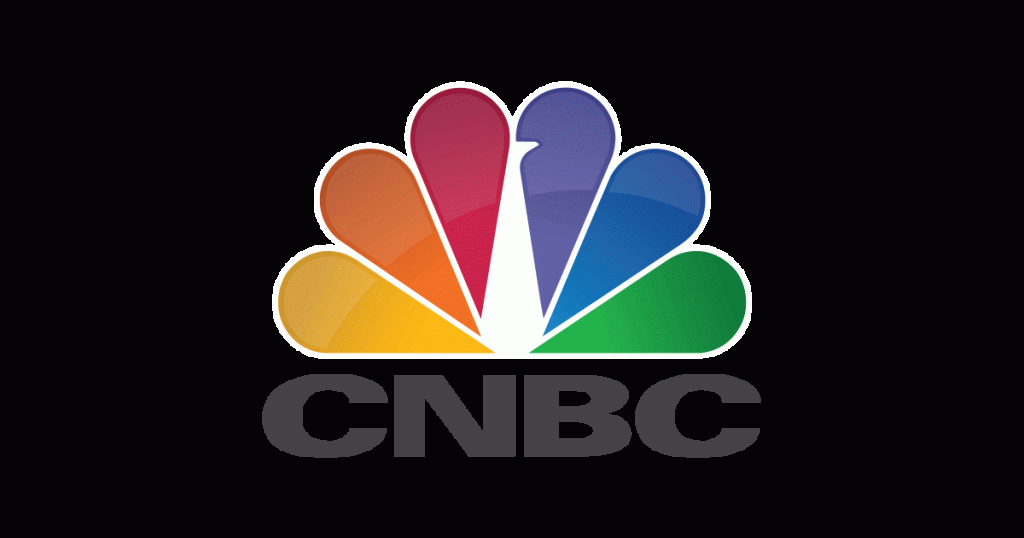— This is the script of CNBC’s news report for China’s CCTV on June 15, 2023.
The recent Federal Reserve decision is seen as a “Hawkish Pause.” Although the Fed didn’t make any changes this time, the Chair Jerome Powell sent a signal to the market that they will further tighten monetary policy in the future. He stated that inflation risks still lean towards the upside, and there is still a long way to go to achieve the 2% target. A recent survey by CNBC and Morning Consult also found that inflation pressures are still affecting Americans and causing most of them to cut back on spending.
74% of respondents believe that essential items like groceries have become more expensive compared to six months ago, and 68% think that non-essential items have also become more expensive since the beginning of the year.
Under inflation pressure, 79% of consumers said they are reducing spending on non-essential items, while 66% stated they have also cut back on essential purchases. Over half of the respondents said they are looking for cheaper alternatives or buying less.
In terms of non-essential spending categories, clothing has been most affected by consumers’ spending cuts. 63% of consumers said they have been buying fewer clothes since the beginning of 2023. Additionally, although offline and experiential consumption has been better than commodity consumption due to the improving pandemic circumstance, the survey shows that 62% of consumers are spending less on Bars and Restaurants, and 58% have reduced their Entertainment spendings outside their home.
Monthly aggregate restaurant spending of Americans decreased in May from April, according to Bank of America’s credit and debit card data.
The survey further shows what large US retailers have mentioned in their Q1 earnings calls: due to fueled-inflation, US consumers have become more cautious and are seeking value for their money.
Dana Telsey, Telsey Advisory Group CEO
“They’re definitely more discerning in their choices. They’re looking for value.”
Over half of American consumers stated they have reduced their spending on household appliances and home improvement-related expenses, according to the survey. The CEO of Home Depot, a home improvement retailer, has indeed mentioned that they are seeing more customers repairing and replacing broken appliances rather than upgrading them. The electronics retailer Best Buy’s CEO, also mentioned that they are seeing customers making trade-offs based on the impact of inflation.
Furthermore, the Federal Reserve’s report in May showed that consumer credit growth in the U.S. exceeded expectations in March, with credit card balances experiencing the largest increase in a year. This indicates that consumers are relying on credit cards to pay their bills. Analysts suggest that this means the inflation is not cooling fast enough for consumers.
Gerald Storch, CEO of Storch Advisors,
“Another data point that points to that is the increase in credit card lending. So I really think we’re seeing that inflation, while coming down isn’t coming down fast enough for consumers.”
More importantly, the U.S. consumers expect that they will not change their spending behaviors for the remainder of the year. According to the survey, approximately two-thirds of respondents stated that they still plan to reduce spending on essential items in the next six months, while 77% said they will decrease purchases of non-essential items.
Read the full article here








